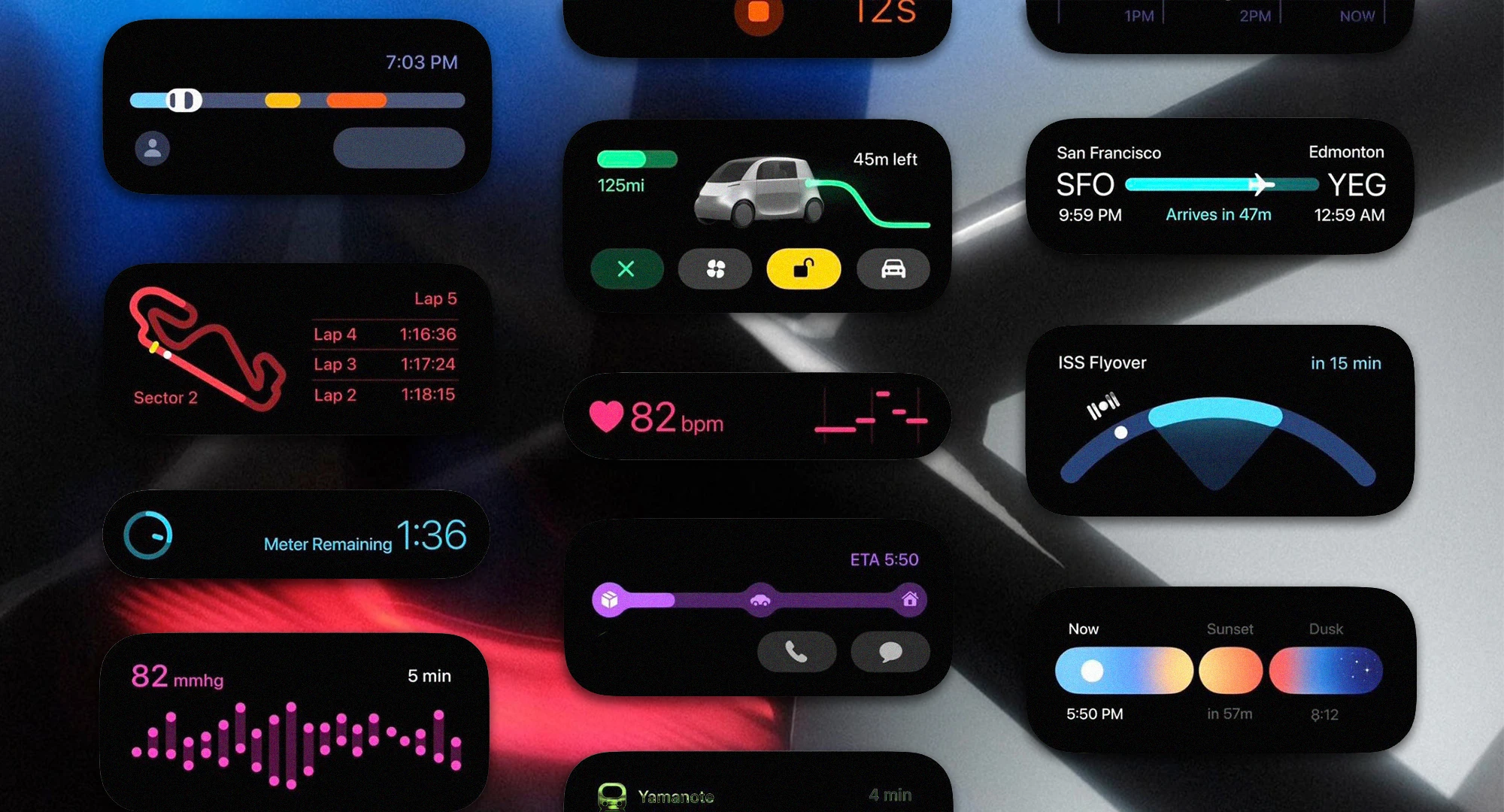
The Future of Digital Transformation in Healthcare Industry
Introduction
Healthcare is under pressure to modernize. Legacy systems, fragmented data, and rising patient expectations are pushing leaders to act. Digital transformation in healthcare is no longer optional. It's a strategic imperative. Providers, payers, and life sciences organizations alike are being challenged to reimagine their operations for speed, scalability, and personalized care delivery. However, while many healthcare organizations have invested in digital tools, few have achieved the full value of transformation due to fragmented approaches and lack of long-term vision.
This article explains what digital transformation in healthcare is, why it matters now, and how enterprise leaders can act. We explore the benefits of digital transformation in healthcare, key strategic challenges, and the roadmap ahead.
Market Context: Disruption & Opportunity
The healthcare industry is shifting. Payers and providers face rising costs, outdated systems, and increased demand for personalized care. Patients expect faster service and digital access. Regulatory changes and AI breakthroughs are reshaping operations.
Despite investment in digital tools, many organizations still lack a unified strategy. This opens opportunities for those ready to lead.
- Patient expectations for digital services are increasing
- Aging infrastructure limits innovation and efficiency
- Siloed data blocks insights and care coordination
- New entrants challenge traditional care models
- Technology investments lack strategic alignment
Strategic Challenges
1. Fragmented Data Systems
Healthcare systems often operate in isolation. Patient data lives across multiple platforms, from EHRs to payer systems, labs, and wearables. This fragmentation slows down care and blocks strategic insights. Without integrated systems, care teams lack a full view of the patient, and leaders cannot drive decisions based on accurate, real-time data.
2. Resistance to Change
Many healthcare organizations resist digital transformation due to legacy processes and internal culture. Leaders often face staff pushback, slow adoption, or fear of job loss. These concerns delay implementation of tools that could improve efficiency and outcomes.
3. Lack of Clear Roadmap
Without a digital transformation roadmap, healthcare organizations struggle to prioritize investments. Teams deploy disconnected tools that fail to deliver value. As a result, efforts become reactive instead of strategic, causing missed opportunities and wasted budgets.
Let’s kickstart the conversation and design stuff people will love.

Emerging Trends Reshaping the Landscape

Healthcare leaders must understand the forces driving change. Three trends are shaping the future.
AI-Powered Diagnostics
AI-powered diagnostics use algorithms to identify conditions from medical images, lab results, or patient histories. Why it matters now: AI improves speed and accuracy in diagnosis, reducing delays in care. It also addresses workforce shortages by supporting clinical decision-making. The strategic implication is clear: integrating AI into diagnostics can cut costs and raise care quality. Leaders must ensure the right data, governance, and training are in place to scale AI tools across care teams.
Virtual Care Expansion
Virtual care includes telemedicine, remote monitoring, and digital health services. Why it matters now: COVID-19 made virtual care mainstream. Patients now expect digital access. Payers and providers see virtual care as a cost-saving measure. Strategically, virtual care enables continuous engagement and reduces hospital loads. Leaders must invest in secure platforms and ensure quality standards for virtual services.
Cloud-Based Infrastructure
Cloud infrastructure moves storage, applications, and services off-site for better scalability and security. Why it matters now: Cloud adoption reduces maintenance costs and enables faster deployment of tools. It supports interoperability and remote access to data. Strategically, cloud systems lay the foundation for future innovations. Healthcare digital transformation consulting teams often begin here to modernize systems and align technology with goals.
What Leading Brands Are Doing

Forward-thinking companies are responding by reimagining their operations in three ways:
- Unifying Data Ecosystems: They connect patient data across systems to enable insights and care coordination.
- Building a Digital Transformation Roadmap: They set clear goals, prioritize initiatives, and measure outcomes.
- Partnering with Experts: They work with healthcare digital transformation consulting partners to reduce risk and speed up impact.
Closing Perspective
The future of digital transformation in the healthcare industry depends on strategy, leadership, and execution. Healthcare organizations must align technology with patient needs and business goals. With a clear roadmap and expert support, they can unlock the benefits of digital transformation in healthcare. The question is not if, but how quickly healthcare leaders will move to build the future.
At G&Co., we specialize in helping healthcare organizations navigate the complexity of digital transformation. From modernizing legacy systems to implementing AI, cloud infrastructure, and integrated data strategies—we bring deep industry knowledge and executional excellence to every engagement. Our healthcare consulting team works closely with payers, providers, and life sciences companies to design transformation roadmaps that drive measurable value.
Ready to lead the future of healthcare? Contact G&Co. today to accelerate your digital transformation journey with confidence.






%20(1).png)




